
The Labour government has reconfirmed its commitment to tackling childhood obesity through implementation of restrictions on TV and online advertising of products that are high in fat, salt or sugar (HFSS).
This comes in the form of a published response to the 2022 consultation on draft secondary legislation, which is set to enforce a 9pm watershed for TV and on-demand ads, and a total ban on paid-for adverts online, featuring HFSS products from 1 October 2025.
In a written statement, parliamentary under-secretary of state for public health and prevention Andrew Glynne called the consultation response a “key milestone which confirms the definitions for the products, businesses and services in scope of the restrictions”.
“This provides the clarity that businesses have been calling for and will support them to prepare for the restrictions,” he added.
One of the areas cleared up by the response is that Internet Protocol Television (IPTV), which delivers television live over the internet, will be subject to the broadcast 9pm watershed in the same way as other TV and on-demand programme services.
“This requires clarification within the secondary legislation and, in line with our statutory duty to consult, we are launching a targeted consultation which is open for four weeks from today [12 September],” wrote Glynne. “These steps mean we can move forward to laying the final legislation and publishing guidance.”
As per the legislation, food products are determined as HFSS, and defined as “less healthy”, if they receive a score of four or more under the 2004-2005 Nutrient Profiling Model. Such scores are allocated on the basis of nutrient content of a 100g product sample – points are added for energy, saturated fat, sugar, and sodium, and subtracted for fruit, vegetable, and nut content, and for fibre and protein.
In addition, a list of categories and product descriptions helps identify those falling under the scope of HFSS advertising restrictions. The bakery related items include:
- Savoury snacks – bagged savoury crackers or biscuits, pitta bread-based snacks, and pretzels
- Cakes
- Sweet biscuits and cereal bars
- Morning goods – croissants, pains au chocolat and similar pastries, crumpets, pancakes, buns, teacakes, scones, waffles, Danish pastries, fruit loaves etc.
- Pizza
- Main meals (out-of-home) – pies and quiches etc.
- Starters, sides and small plates (out-of-home) – includes garlic or cheesy bread
- Children’s meal bundles (out-of-home) – includes pizza or pastry products
- Sandwiches (out-of-home) – filled subs, baguettes, ciabattas, wraps, bagels, muffins, buns, baps, filled croissants, toasties, and paninis.
Restrictions that will apply to all paid-for online HFSS advertising are being introduced by the government to reduce children’s exposure to them and mitigate the migration of ads from TV to the internet. Various forms of paid-for ads were outlined in the consultation response, including:
- Banner ads on news websites, apps, games, and cookery newsletters
- Video ads served before or during on video sharing sites
- In-feed advertising on social media
- Sponsored links on search engines
- Sponsored listings on food delivery services
- Influencer posts paid for/sponsored by an advertiser
- Web widgets, such as those located on the sidebar of websites
- Advertorials or advergames.
Meanwhile, exemptions applying to both TV watershed and online restrictions have been granted for brand advertising as well as SMEs, ie. companies that employ 249 or less people (including internationally or as part of a franchise agreement).
There has also been a decision to make online business-to-business ads exempt, therefore allowing wholesalers to continue advertising their products online to customers. This prevented any unintended impacts on businesses, noted the government. Broadcast radio and audio-only advertising, such as on podcasts, was not deemed to fall with the scope of restrictions.
Ofcom is to be appointed as the statutory regulator, with the Advertising Standards Authority expected to fulfil the role of day-to-day regulator to carry out frontline regulation. The government said this co-regulatory structure had been successful in broadcast and that it believes it will make enforcement both rigorous and proportionate within the changing online media landscape.
Health campaigners previously slammed the Tory government for delaying its roll out of the ad policy, and reacted with dismay to the bumping back twice of a ban on HFSS multibuy deals, which will now also launch next year.
However, Labour’s consultation response – which can be read in full here – has been welcomed.
“For too long the food industry has consistently pushed back on these incoming restrictions on advertising unhealthy food on TV before 9pm, and online at any time, saying they need to have ‘more time to prepare’. Not anymore!,” commented Katharine Jenner, director of Obesity Health Alliance.
Childhood obesity is said to be one of the biggest health problems the nation faces, with latest data from the National Child Measurement Programme 2021 to 2022 showing that over 23% of children in Year 6 were living with obesity, and 5.8% living with severe obesity.
Earlier this year, health experts called for an extension of the sugar tax to cover cakes, biscuits, and chocolate, while pointing to its success on soft drinks in improving UK consumer diets.



















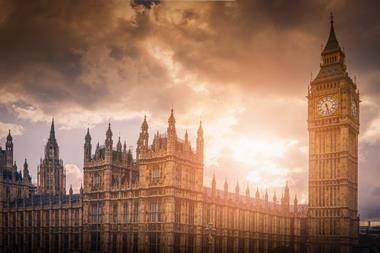

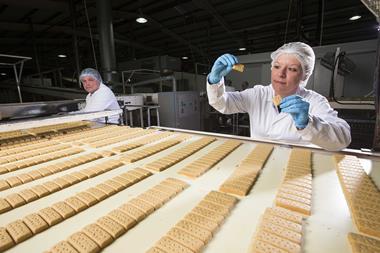
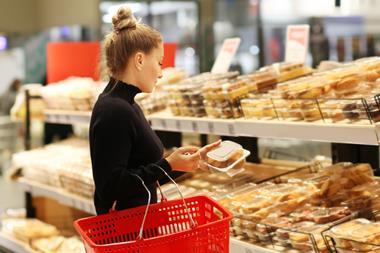

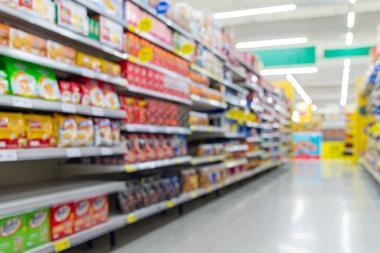


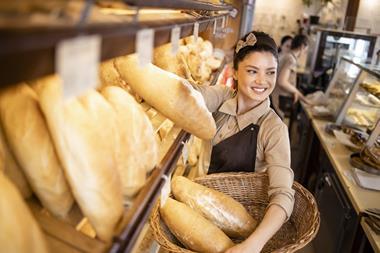
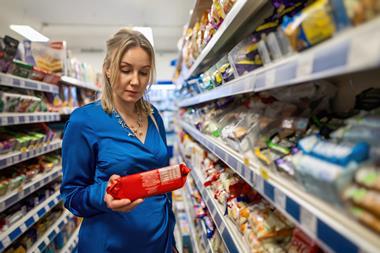

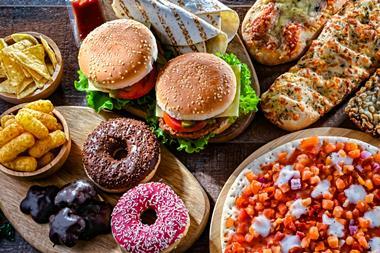

No comments yet